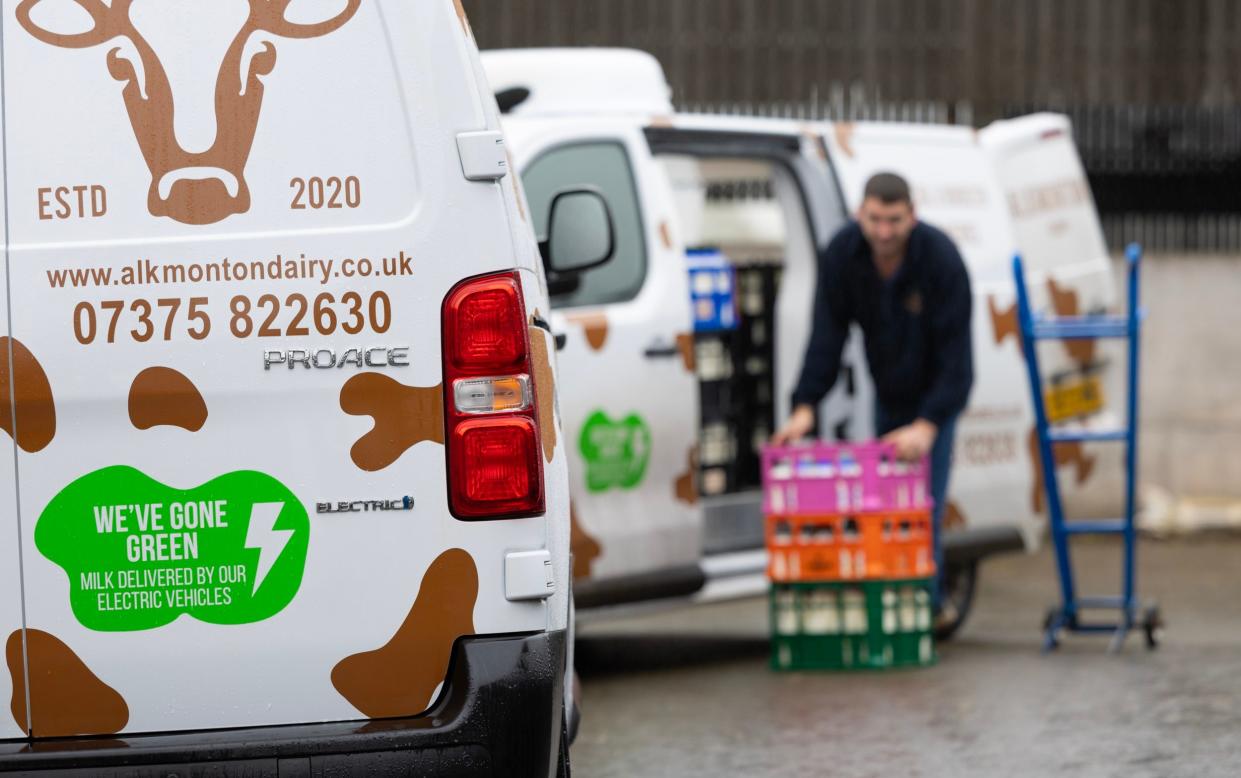Heavy EV batteries force overhaul of driving licence rules on vehicle weight

Heavy electric vehicle batteries are due to spark a government overhaul of driver’s licence rules that will allow motorists to operate weightier vehicles.
Current UK rules mean those who passed their driving test after 1997 can drive cars and vans weighing up to 3.5 tonnes.
This includes the biggest diesel-powered vans such as a Mercedes Sprinter or Ford Transit. However, electric versions that carry lithium batteries are heavier.
Drivers have been able to take five hours of extra training to drive electric or hydrogen vans weighing up to 4.25 tonnes.
The Government said it will now scrap this requirement, meaning drivers can switch to large zero-emissions vehicles without any extra expense or inconvenience.
A recent consultation report published by the Government found that the “zero-emission van market continues to face challenges”, as it called for further measures to support uptake.
The Department for Transport said 72pc of industry groups and other interested parties had urged policymakers to scrap the extra five hours of training.
“Several respondents noted that some characteristics of electric vehicles, such as regenerative braking and a low centre of gravity due to the weight of the battery, can support safer driving,” the consultation document said, although others warned that extra weight could make crashes worse.
It also found that without relaxing the rules, fleet operators trying to switch diesel vans to electric will be lumbered with extra training costs.
Turning vans electric is the next major step for carmakers in their quest to go green.
While batteries may not be the best solution for the weightiest freight carriers like articulated lorries, they are seen as a good option for vans.
Stellantis recently converted its factory in Ellesmere Port, Cheshire, to make a range of battery-powered vans, including the Vauxhall Combo electric, the Opel Combo electric, Peugeot e-Partner and Citroen Berlingo.
However, van-making is growing in popularity among smaller companies hoping to make their mark and take on the incumbents.
In the UK, Arrival and Tevva are both trying to overcome hurdles to produce electric alternatives for delivery companies looking for zero-emissions trucks.
Essex-based Tevva Motors had been due to shift its headquarters to Arizona and float on in the US under a deal with Canada’s ElectraMeccanica.
However, ElectraMeccanica said last week it had terminated the deal due to “multiple incurable breaches of the arrangement agreement by Tevva”, including failures to disclose “material information”.
Tevva said it was “disappointed” by the move.
Arrival, which is listed on the US stock market, has been hit by two winding-up petitions from suppliers this year, though the company insisted it has paid its bills.
Both firms have recently laid off staff in a bid to cut costs.


